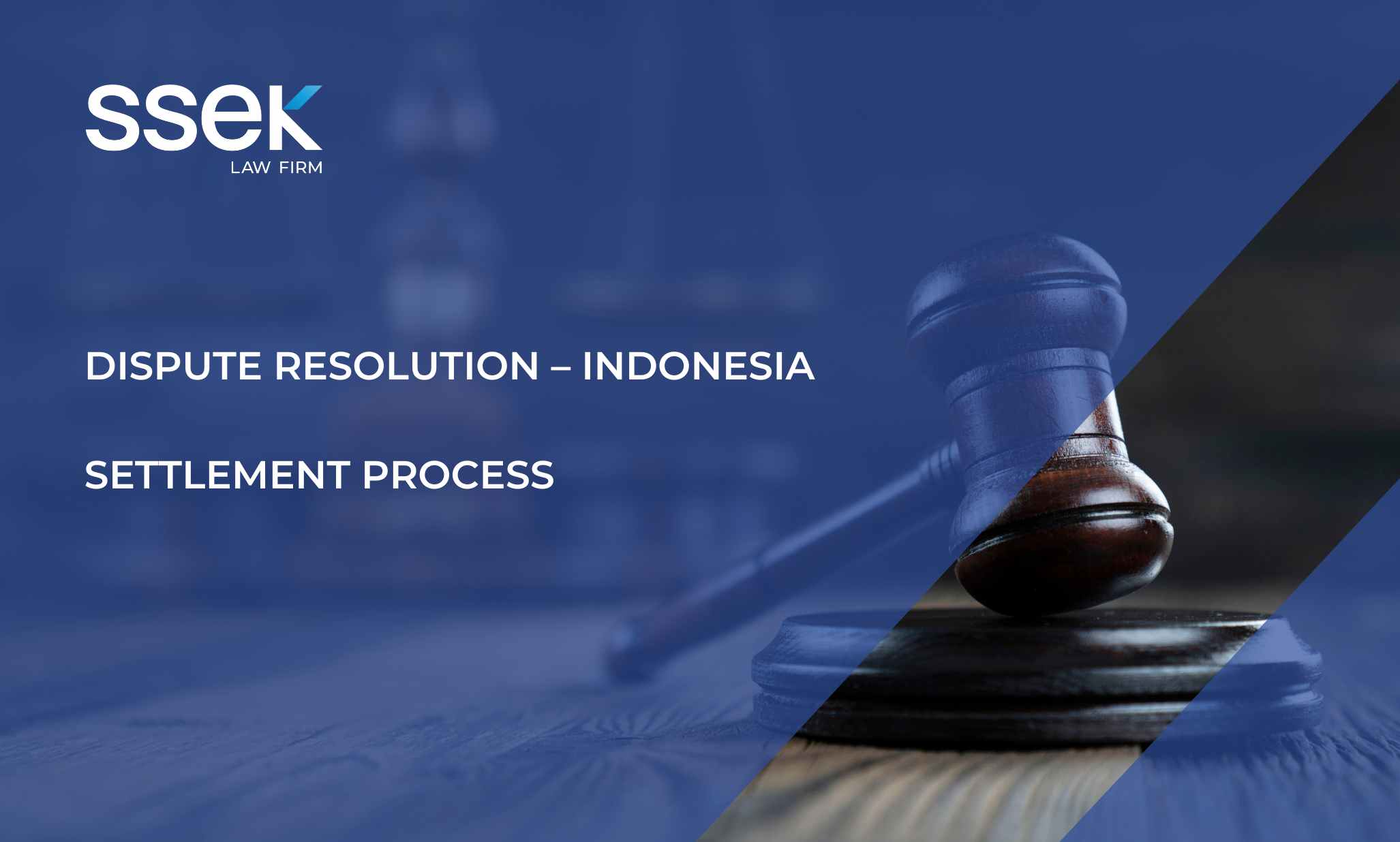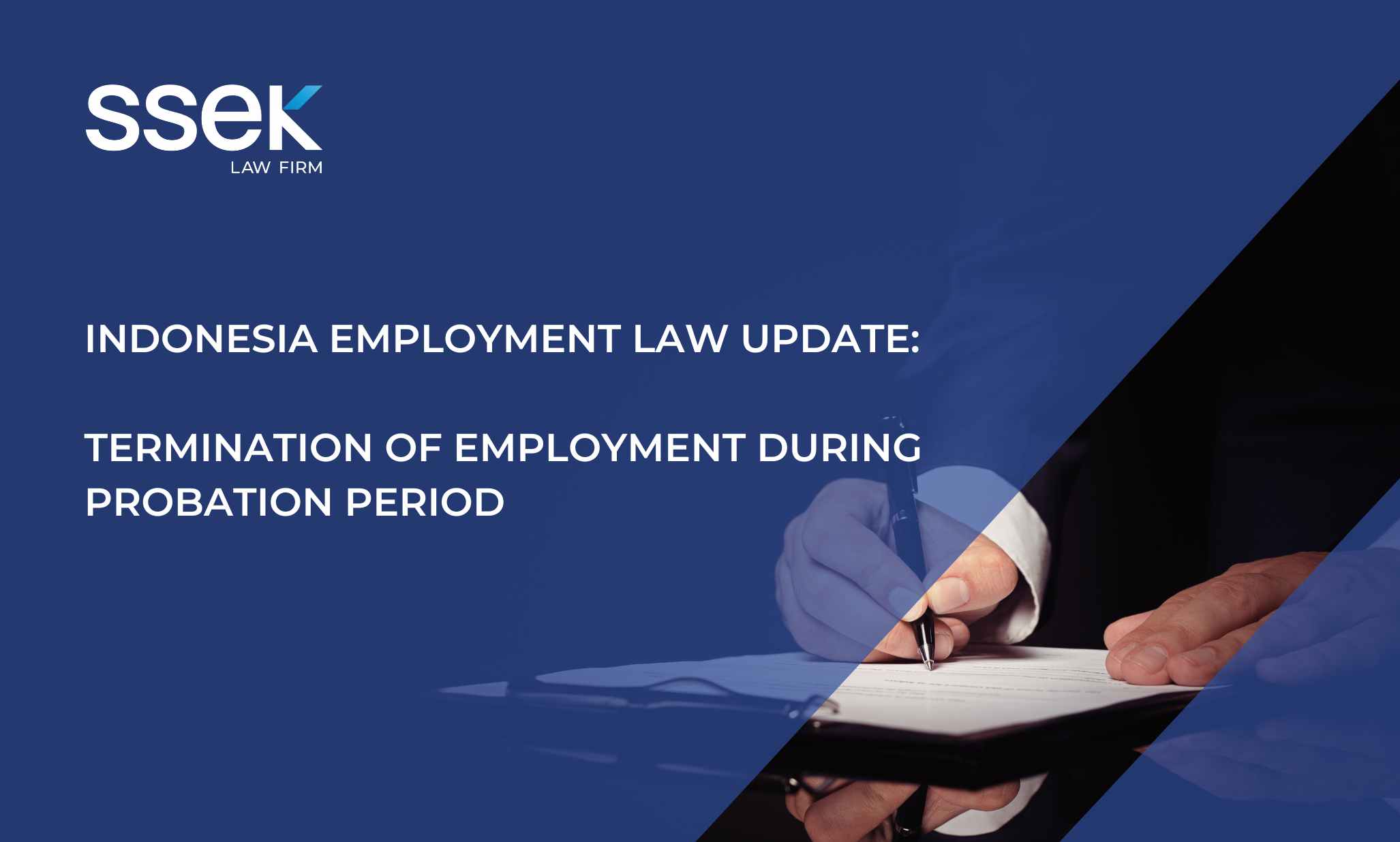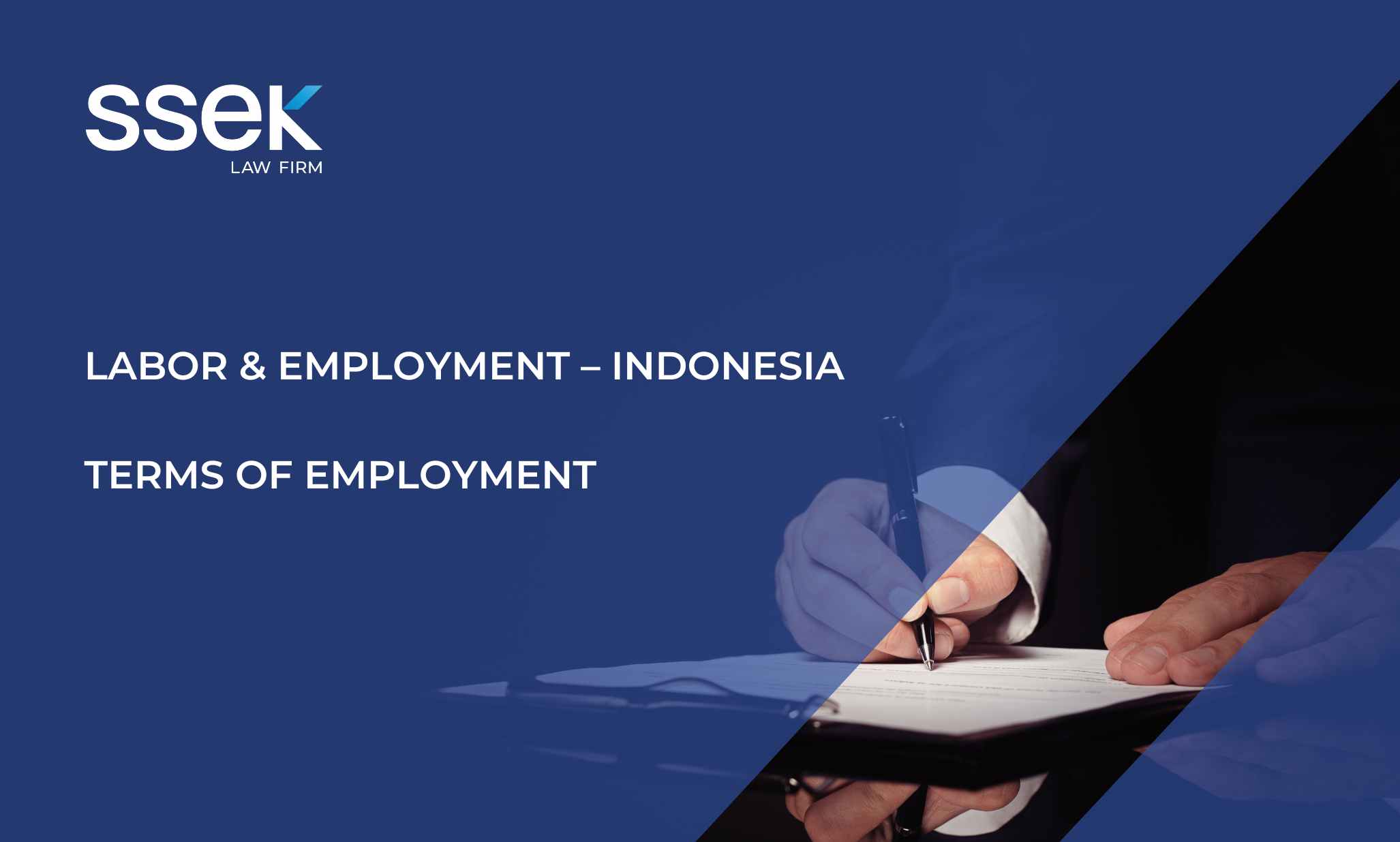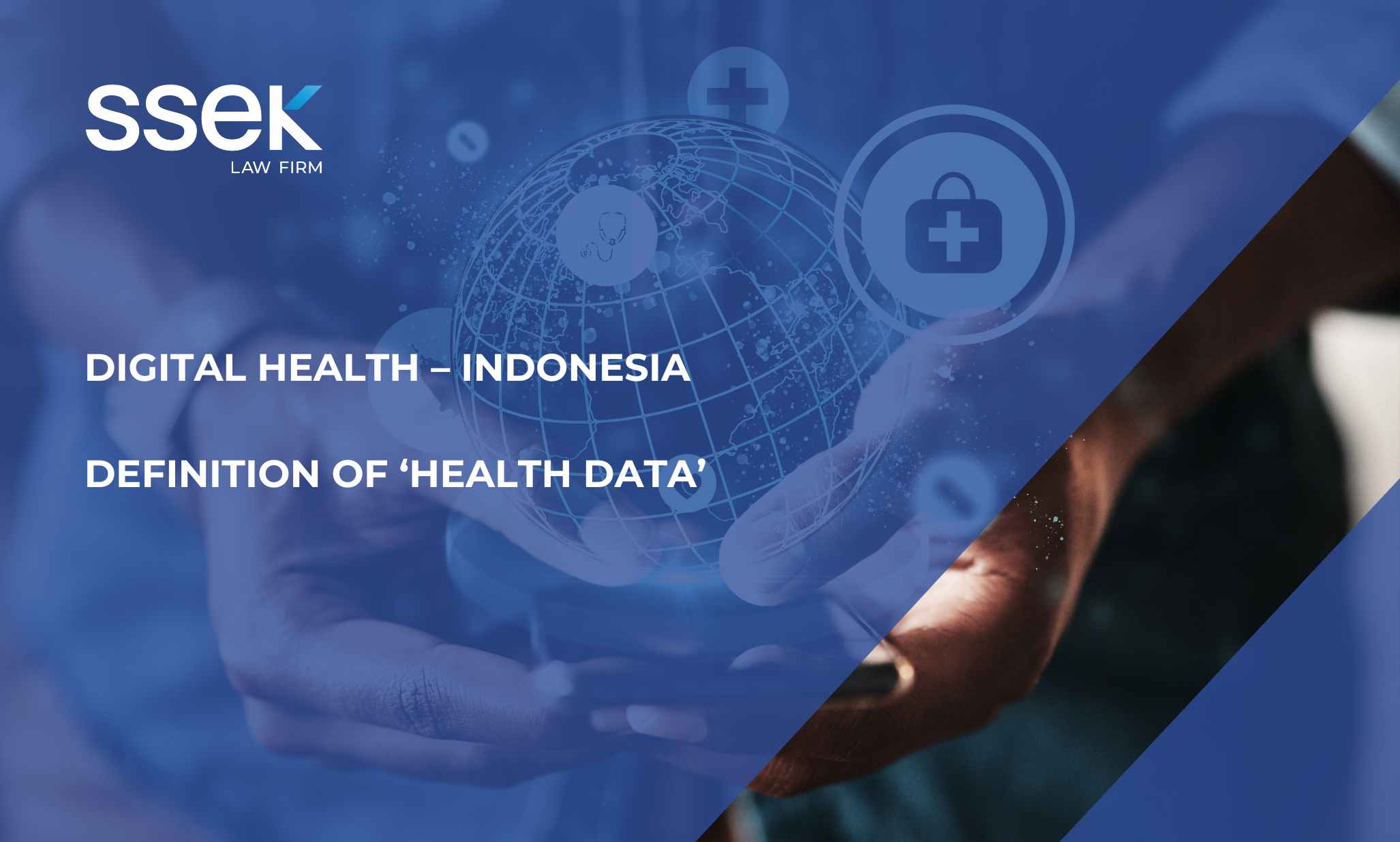

By Fitriana Mahiddin and Syahdan Z. Aziz There are a number of rules for Production Sharing Contract (PSC) Contractors in Indonesia's oil and gas sector, including those on the export of production, currency exchange and the transfer or disposal of development rights. Subject to obtaining requisite export approvals, a Contractor is entitled to export its production entitlement, subject to its domestic market obligation (DMO), by which at least 25% of the Contractor's entitlement must be allocated for the domestic market. Currency Exchange Restrictions The Indonesian Currency Law and Bank Indonesia (BI) Regulation No. 17/3/PBI/2015 regarding the Mandatory Use of Rupiah restrict most transactions within Indonesian territory from being carried out using foreign currency. Core upstream activities in Indonesia are exempted from this requirement for a certain period of time, such as expenditures in relation to firm commitment, over/under lifting and domestic oil and gas sales transactions by upstream players, which are exempted for 10 years. Bank Indonesia also requires all oil and gas export proceeds be deposited in a foreign exchange bank in Indonesia before being remitted overseas. This is contained in BI Regulation No. 16/10/PBI/2014 as amended by BI Regulation No. 17/23/PBI/2015 regarding Receipt of Export Proceeds in Foreign Exchange and Withdrawal of Offshore Loan Foreign Exchange. A Minister of Trade (MOT) regulation issued in 2015 also requires that the export of oil and gas products, such as crude oil, condensed oil, liquefied natural gas, compressed natural gas, and vacuum residue, shall be paid through a Letter of Credit (L/C) received in a foreign exchange bank in Indonesia. However, the MOT may grant a suspension for any exporter who cannot yet implement the obligation to use L/C as its payment method. This suspension may be granted for a limited period of time and is subject to the consideration from the relevant technical ministers, i.e., the Ministry of Energy and Mineral Resources (MEMR) through the Directorate General of Oil and Gas (DGOG). Transfer or Disposal of Gas Development Rights or Interests During the Firm Commitment period, a Contractor is not allowed to (i) transfer the majority of its Participating Interest (PI) to a non-affiliated party, or (ii) transfer a certain percentage of its PI that would result in the PI transferee holding a higher percentage of PI than any other initial Contractors. Change of operatorship in a PSC during the Firm Commitment is also prohibited. After such period, transfer of PI may be conducted upon approval of the MEMR based on the consideration of the Special Task Force for Upstream Oil and Natural Gas Business Activities (SKK Migas). A PSC typically provides an approval or notification requirement for the transfer of all or a portion of the Contractor's PI to an affiliate or non-affiliated third party. From 2007 onward, PSCs have stipulated that transfers of participating interests to affiliates and changes of control in a party to a PSC require prior written consent of the MEMR (through SKK Migas). Government Regulation No. 35 of 2004 regarding Upstream Oil and Natural Gas Business Activities as has been amended several times, the latest by Government Regulation No. 55 of 2009 (GR 35), also imposes a requirement that if all or a portion of the rights of the Contractor are transferred to a non-affiliate or to another company that is not a partner in the same working area, the MEMR can request that the Contractor offer the interest to a national company. The party receiving the transfer is subject to SKK Migas' review and approval since an entity must possess the requisite financial capability and skills in order to hold PI in a PSC. Any transfer of PI must follow the guidelines and procedures stipulated in SKK Migas' Working Guidelines (PTK) No. 057 of 2014 regarding the transfer of participating interests. In addition, the direct and indirect transfer of PI as well as change of control is subject to taxes imposed by Government Regulation No. 79 of 2010 (GR 79/2010) and Minister of Finance (MOF) Regulation No. 257/PMK.011/2011. This is an excerpt from the Indonesia chapter of International Comparative Legal Guide to: Oil & Gas Regulation 2017. You can see the full chapter here. This publication is intended for informational purposes only and does not constitute legal advice. Any reliance on the material contained herein is at the user's own risk. You should contact a lawyer in your jurisdiction if you require legal advice. All SSEK publications are copyrighted and may not be reproduced without the express written consent of SSEK. This article was first published in International Comparative Legal Guide to: Oil & Gas Regulation 2017, published by Global Legal Group. For further information, please visit www.glgroup.co.uk.









